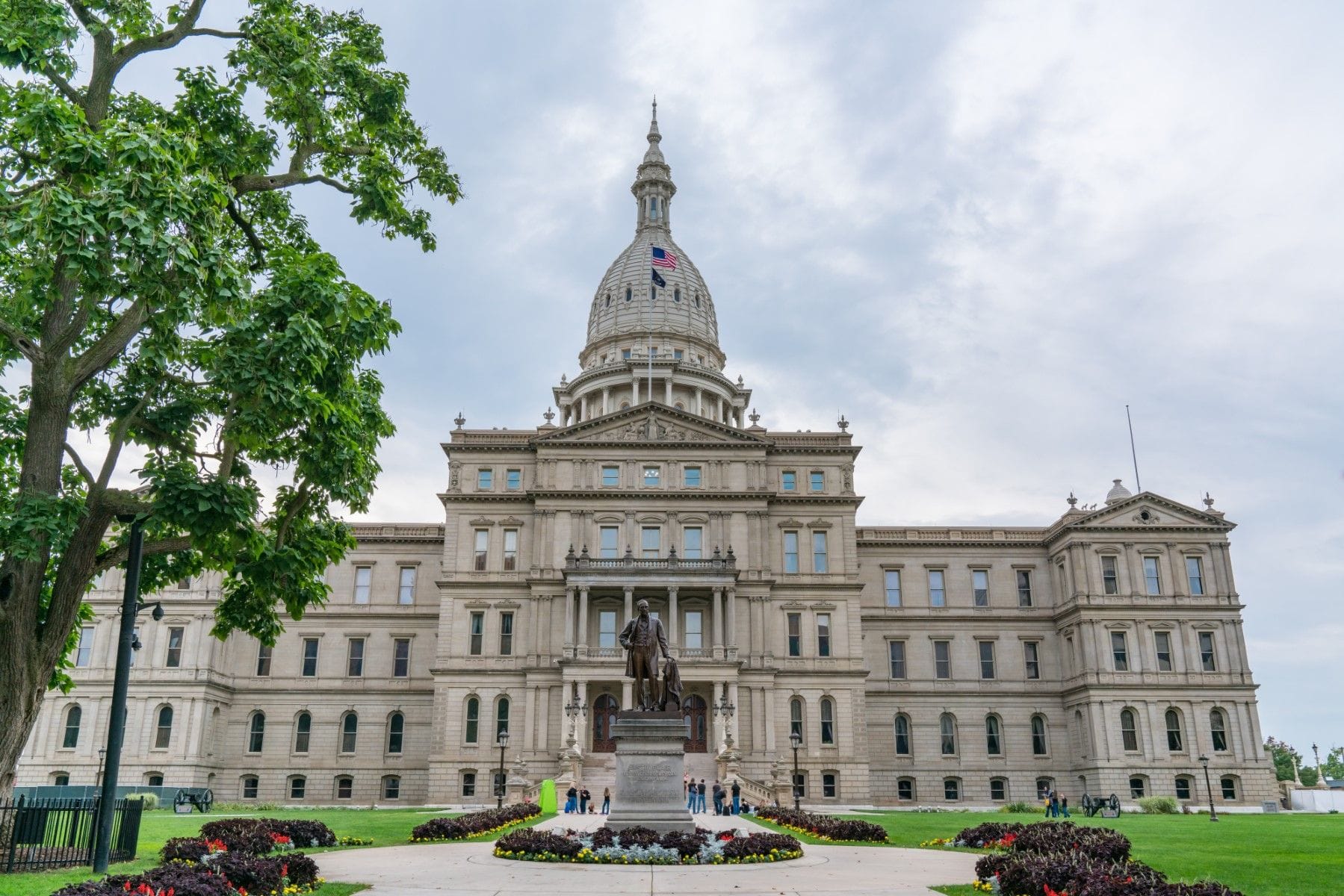Michigan Expert Witness Report Rules
Michigan mandates expert witness disclosures, requiring identities and opinions, though written reports may not always be necessary, ensuring fair trial preparation.
Updated on
In this article
Are Expert Witness Reports Required in Michigan?
In Michigan, the disclosure of expert witnesses and their opinions is mandatory, although a full written report is not always required. Under Michigan Court Rule 2.302(B)(4), parties are entitled to obtain information about the identity of expert witnesses expected to testify at trial, the subject matter of their testimony, and the facts and opinions they will offer. This can be achieved through interrogatories or requests for disclosure, which necessitate either a report prepared by the expert or a detailed summary of the expected testimony. Furthermore, the rules allow for the deposition of the opponent's expert following these disclosures (MCR 2.302(B)(4)(a)(ii)). Typically, courts in Michigan issue scheduling orders that set deadlines for expert witness disclosures, such as requiring the plaintiff’s expert witness list and reports to be submitted 90 days before the close of discovery. Non-compliance with these requirements can lead to the exclusion of testimony under MCR 2.313.
What is Required in a Michigan Expert Witness Report?
In Michigan, the content of an expert witness report or summary should include the expert's opinions, the bases for those opinions, and any data considered in forming them. It should also encompass exhibits that support the opinions, the expert’s qualifications, and details of their compensation. Although not explicitly required in all cases, when a report is provided, it should align with these expectations. Michigan law diverges from federal standards by potentially requiring either a comprehensive report or a summary, dependent upon the court's directives or the nature of the litigation.
Scope and Authorship of the Report
The responsibility for drafting and signing an expert report in Michigan typically lies with the expert themselves, although attorneys may assist in its preparation. The extent of attorney involvement is subject to ethical guidelines, ensuring that the report reflects the expert's genuine opinions and not counsel's influence. The scope of the report can vary significantly based on the type of expert testimony or the particularities of the case, with more complex cases often demanding detailed reports.
Missing, Deficient, and Untimely Reports
Failure to provide a required expert witness report, or submitting one that is incomplete or late, can have serious repercussions in Michigan. Potential consequences include the exclusion of expert testimony, imposition of sanctions, or granting of continuances to rectify the deficiency. The governing rule for these sanctions is MCR 2.313, which allows courts to exclude evidence or take other measures to address non-compliance. Michigan courts have consistently enforced these rules to maintain procedural integrity and ensure fair trial proceedings.
- Consequences for Non-Compliance:
- Exclusion of expert testimony
- Sanctions against the non-complying party
- Continuances to remedy deficiencies
Original, Supplemental, and Rebuttal Reports
Michigan rules do not explicitly distinguish between original, supplemental, and rebuttal reports in the same manner as federal rules. However, courts may allow or require additional reports as needed to address new information or to rebut opposing expert testimony. The timing and acceptance of such reports are typically governed by court orders or specific case management schedules, emphasizing the importance of adhering to procedural timelines.
- Types of Reports:
- Original Report: Initial disclosure of expert opinions and bases.
- Supplemental Report: Additional information or corrections to the original report.
- Rebuttal Report: Responses to opposing expert opinions.
Relevant State Rules and Legal Requirements
The primary rule governing expert disclosures in Michigan is MCR 2.302(B)(4), which outlines the procedures for identifying experts and the substance of their testimony. Key cases interpreting these rules emphasize the necessity of transparency and timely disclosure to facilitate fair trial preparation. While similar in some respects to the Federal Rules of Civil Procedure, Michigan's approach allows for greater flexibility in the form of disclosures, permitting either written reports or detailed summaries as appropriate. This flexibility is crucial for accommodating the diverse nature of cases handled within the state's court system.


